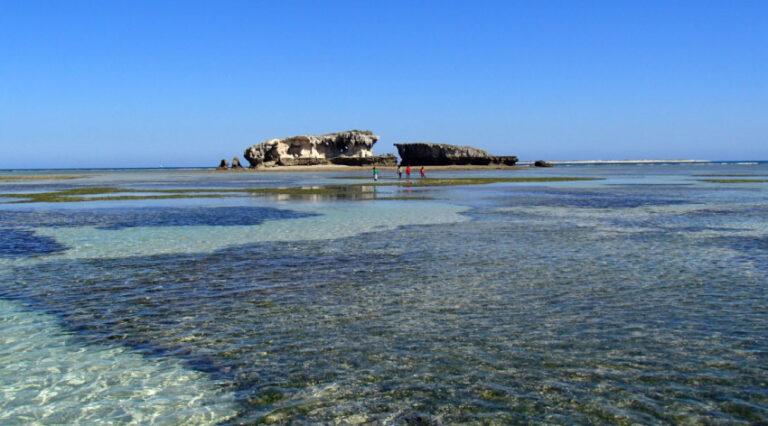London, UK – Video released showcasing a workshop co-organised by Blue Ventures at the IUCN’s 2012 World Conservation Congress in South Korea. The event brought together 16 locally managed marine area (LMMA) representatives from countries including Fiji, Kenya, Vietnam, Papua New Guinea, India and Madagascar .
It’s no secret that fisheries around the globe are in trouble, with the Food and Agriculture Organisation (FAO) reporting that over half of the world’s fisheries are “fully exploited” and another third are either “over-exploited”, “depleted” or “recovering from depletion”. The challenge of managing fisheries is especially acute in the tropics, where the combination of poor, resource-dependent fishing communities, and states which lack capacity for good governance, too easily results in a downward spiral of poor fisheries management and over-exploitation. The stakes here are especially high, as many of these coastal communities have no alternatives to fishing.
A promising trend, however, has been the proliferation of locally managed marine areas (LMMAs) over the past 15 years, with countries like Fiji and Indonesia leading the way. LMMAs are based on a simple concept: fishing communities realise that their livelihoods are inextricably linked to the sea, which is, in fact, exhaustible. They must, therefore, take responsibility for its stewardship. In some cases LMMAs build on traditional management practices, which have fallen into disuse. In others, they introduce the idea of sustainable fisheries management to communities who, due to low population density and the naturally impressive productivity of reefs and other tropical marine ecosystems, haven’t yet had the need to develop management practices.
Blue Ventures has been promoting LMMAs in Madagascar for the past decade, and one of the tools that has proven most effective at fostering their broader adoption is peer-to-peer learning and exchange. Despite the best efforts of university-educated conservationists, these practitioners rarely command the local credibility of fishers themselves. In coastal communities from Madagascar to Micronesia, there seems to be an unspoken bond between fishers.
Brian Jones, Blue Ventures’ Conservation Coordinator, explains how this works:
“A few years ago I participated in a community exchange trip, bringing a group of fishers from the village of Belo sur Mer, on Madagascar’s west coast, to visit the Velondriake LMMA, about 150 km further south. Although the Velondriake Association presented the same conservation models that my colleagues and I had been discussing with these fishers for months, learning about sustainable management from their peers gave the approach a new dimension. I watched as the proverbial fire was lit, and within months the participants from that exchange trip had organised three mangrove fishery closures in their home villages. It was an eye-opening experience for me, as the Velondriake fishers achieved in two days what we had been trying to do for the past year – inspire another community to take action.”
Beyond the actual fishers, there is much to be gained from fostering communication between partner institutions and NGOs working to support these coastal communities. Many of the challenges that a Fijian fishing village faces may be similar to those of a Kenyan or Belizean one, and, likewise, the solutions that one develops may be applicable to the other. Facilitating dialogue between partner organisations can enable effective models to spread and be adapted to local conditions.
It was with this in mind, and with generous funding from the MacArthur Foundation, that Blue Ventures teamed up with the Pacific LMMA network, CORDIO East Africa, and the United Nations Environment Programme’s World Conservation Monitoring Centre to organise a workshop at the 2012 World Conservation Congress, bringing together 16 LMMA managers from around the world.
Community leaders from Kuruwitu, Kenya to Lakshadweep, India, shared stories about how their LMMAs were created, solutions to common problems like enforcement, and efforts that their communities are taking to protect and restore the marine environment. This short video showcases participants’ reflections about what they learned from their exchanges with LMMA colleagues and community members at the World Conservation Congress.
A version of this article was originally published on the IUCN blog.























